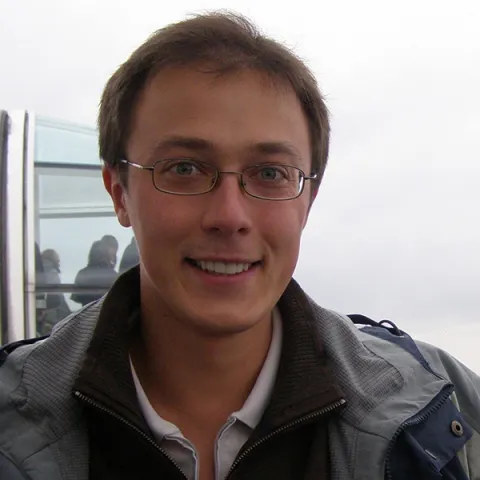About the project
Inhomogeneities degrade the performance of atom interferometers used for inertial and magnetic sensing. Optimal Control allows the design of laser pulse shapes that restore interferometer fidelity. This project will extend optimal control design beyond individual pulses to entire interferometer sequences and systems, and explore curious artefacts.
Quantum inertial sensors, based upon atom interferometry, use pulses of laser light to split, steer and recombine atomic wavefunctions with precision and fidelity, promising major performance improvements for applications from navigation to geological survey.
However, intensity variations across a laser beam and the motion of atoms even at microkelvin temperatures can limit sensor performance.
To solve similar problems, magnetic resonance imaging uses computationally-designed phase and amplitude shaping within each pulse. We have successfully adapted these optimal control techniques to design individual ‘mirror’ and ‘beamsplitter’ pulses for atom interferometry, and have already shown major improvements, but so far we have only optimized each pulse individually. Optimization of a full interferometer sequence would be more effective and could extend to optimization of the sensor system overall.
In this project, you’ll join our computational theorists to develop optimal control for entire interferometer sequences, addressing a variety of Raman and Bragg configurations and enhancements such as large momentum transfer.
You’ll then work with our experimentalists to validate them on one of our cold-atom interferometers and apply them in field trials of a prototype sensor.
Finally, you’ll explore curious features seen in the optimized waveforms that suggest intuitive interpretations for computational results; and adapt your solutions for alternative applications to atom-based quantum computing.
The project will help you to develop skills and expertise in
- quantum technologies
- digital modelling
- computational optimization
- photonics
- atomic physics
- control and instrumentation.

